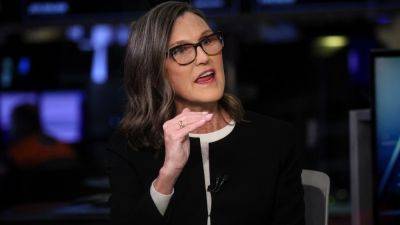‘Irrational exuberance’ driving midcap stocks, says Kotak Institutional Equities
“The steep increase in stock prices simply reflects the irrational exuberance of investors in the mid-cap and small-cap parts of the market,” Sanjeev Prasad, co-head of institutional equities at the brokerage, wrote in a note. “There is no meaningful change in the fundamentals of most companies; in fact, they have worsened in many cases,” he said.
Indian shares have surged on expectations for growth in the economy and corporate earnings, with a boom in retail investing particularly helping smaller stocks outperform.
The BSE Midcap Index has climbed more than 40% from a March low, more than double the gain in the blue-chip S&P BSE Sensex and more than eight times the rise in MSCI’s world mid-cap gauge.
In a possible sign of overheating, 96% of stocks on the Indian mid-cap measure are trading above their 200-day moving averages, the most in over two years.
Prasad said he is dropping his recommended mid-cap portfolio as he has “largely run out of options” in trying to pick stocks that offer further upside potential. His view echoes sentiment from JPMorgan Chase & Co., whose India strategist Sanjay Mookim told Bloomberg earlier this month that the outperformance of smaller companies is in “extreme territory”.
In contrast, HSBC Securities Strategist Amit Sachdeva last week said that the rally in Indian mid-cap stocks had only progressed about half way, based on past cycles.
And Goldman Sachs Group Inc. notes that mid-caps are becoming more popular with investors in Indian stocks, showing confidence in the market even despite concerns over high valuations.
Kotak’s Prasad has made cautious comments in the past, writing in April that he expected near-term returns for India’s stock market to remain “muted”.






















